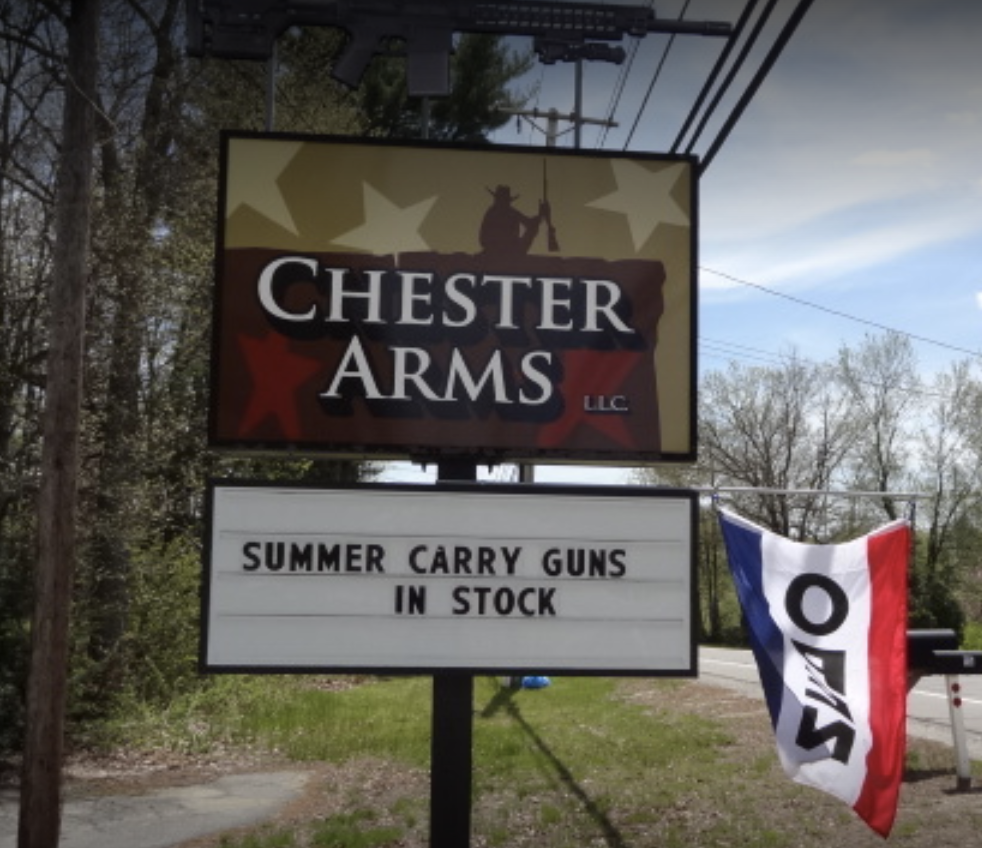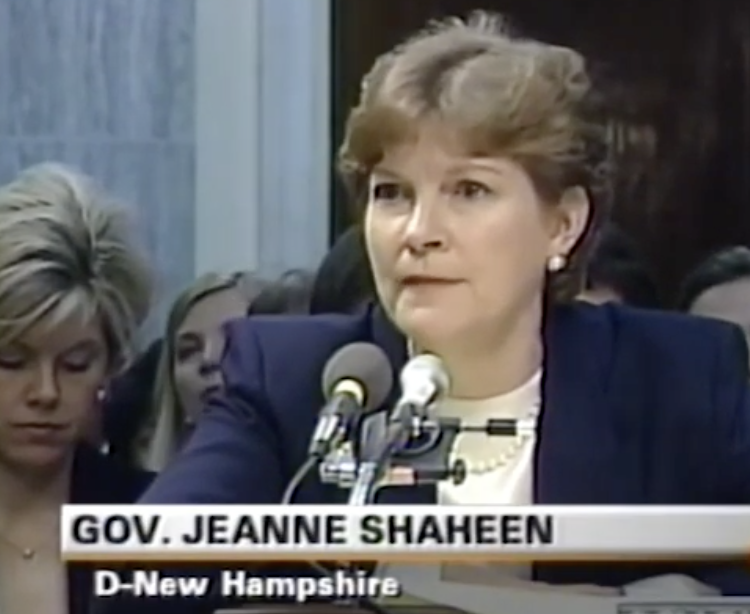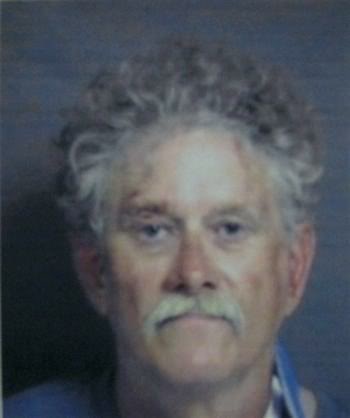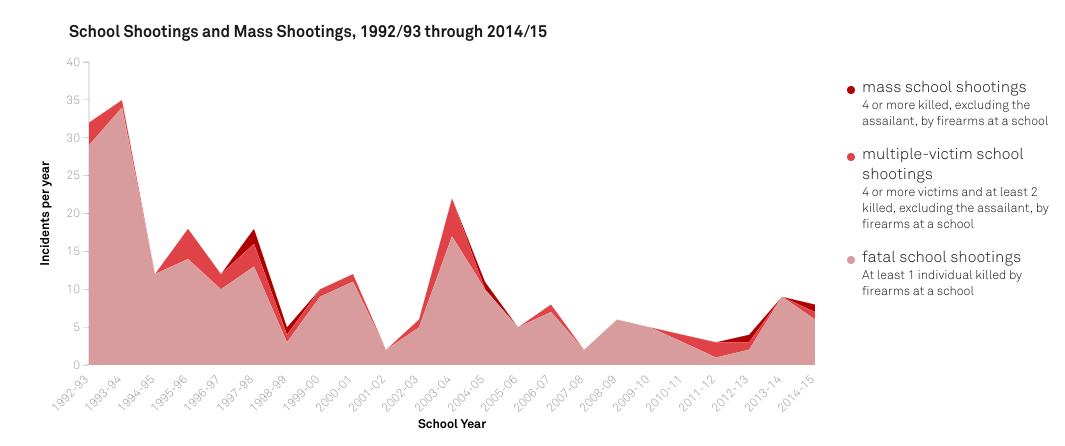‘Death to Ballot Integrity!’? Illegal Voter Says U.S. Immigration Law Doesn’t Count

A Jamaican national living in New Hampshire has been charged with illegally voting in three elections, and he’s offering a novel legal defense.
U.S. immigration law, he claims, is unconstitutional.
Naseef Fernando Bryan, 34, was arrested Tuesday and charged with three Class B felony counts of wrongful voting. Each charge carries a potential sentence of 3½ to 7 years in prison. According to the New Hampshire Attorney General’s Office, Bryan voted illegally in the 2023 Manchester municipal election, the January 2024 presidential primary, and the November 2024 general election.
Shortly after his arrest was announced, Bryan took to social media to outline his legal theory.
“The U.S. Constitution did not say establish a uniform Immigration and nationality Act, let’s be honest,” Bryan wrote on Twitter/X.
Despite being a lawful permanent resident for more than 12 years, Bryan is not a U.S. citizen and therefore not eligible to vote in federal or state elections.
Bryan describes himself online as an “AMERICA FIRST Traditionalist.” (Emphasis original) His legal activity reflects a similar defiance of federal authority. Within the past year, he has filed multiple lawsuits against U.S. Citizenship and Immigration Services, claiming the agency unlawfully delayed his naturalization application. In those suits, he sought a declaration of citizenship, a U.S. passport, and a sum of gold coins. None of the cases were successful.
A frequent litigant, Bryan has filed lawsuits in both state and federal courts against a variety of entities, including the Merrimack Police Department, the University of New Hampshire, and the New Hampshire Secretary of State’s Office. His court filings are often unconventional and rarely succeed.
Bryan sued the Merrimack Police over a 2019 arrest in which he was charged with brandishing a firearm during a road rage incident. A Hillsborough County grand jury declined to indict him, and his civil suit was later dismissed because it was filed five years after the incident—well beyond the three-year statute of limitations.
He also filed suit against UNH after the school rejected his transfer application, arguing that New Hampshire’s in-state tuition policy created a constitutional right for him to attend. That case, too, was dismissed.
“Bryan points to no other state policy or law that guarantees him a place at UNH,” wrote U.S. Magistrate Judge Talesha Saint-Marc in her recommendation to dismiss the case.
In yet another suit, Bryan named the New Hampshire Secretary of State’s Office as a defendant, though the court noted his complaint lacked any specific allegations.
“Mr. Bryan’s complaint contains no factual allegations regarding any actions taken against him by the State of New Hampshire or its Secretary of State,” U.S. District Judge Andrea Johnstone wrote. “He asks this court to issue a writ of mandamus to compel the defendants to perform some unnamed actions that would correct a situation where he is ‘unable to perform basic functions that humans need.’”
Bryan was not held in custody following his arrest and is currently free pending further court proceedings.

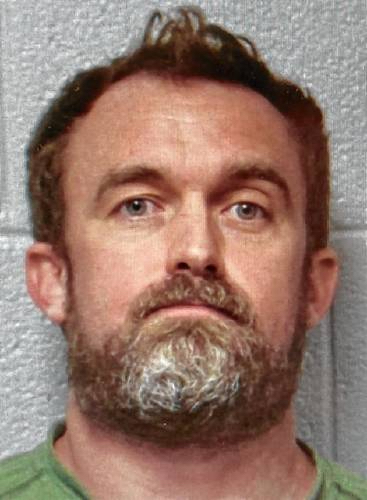
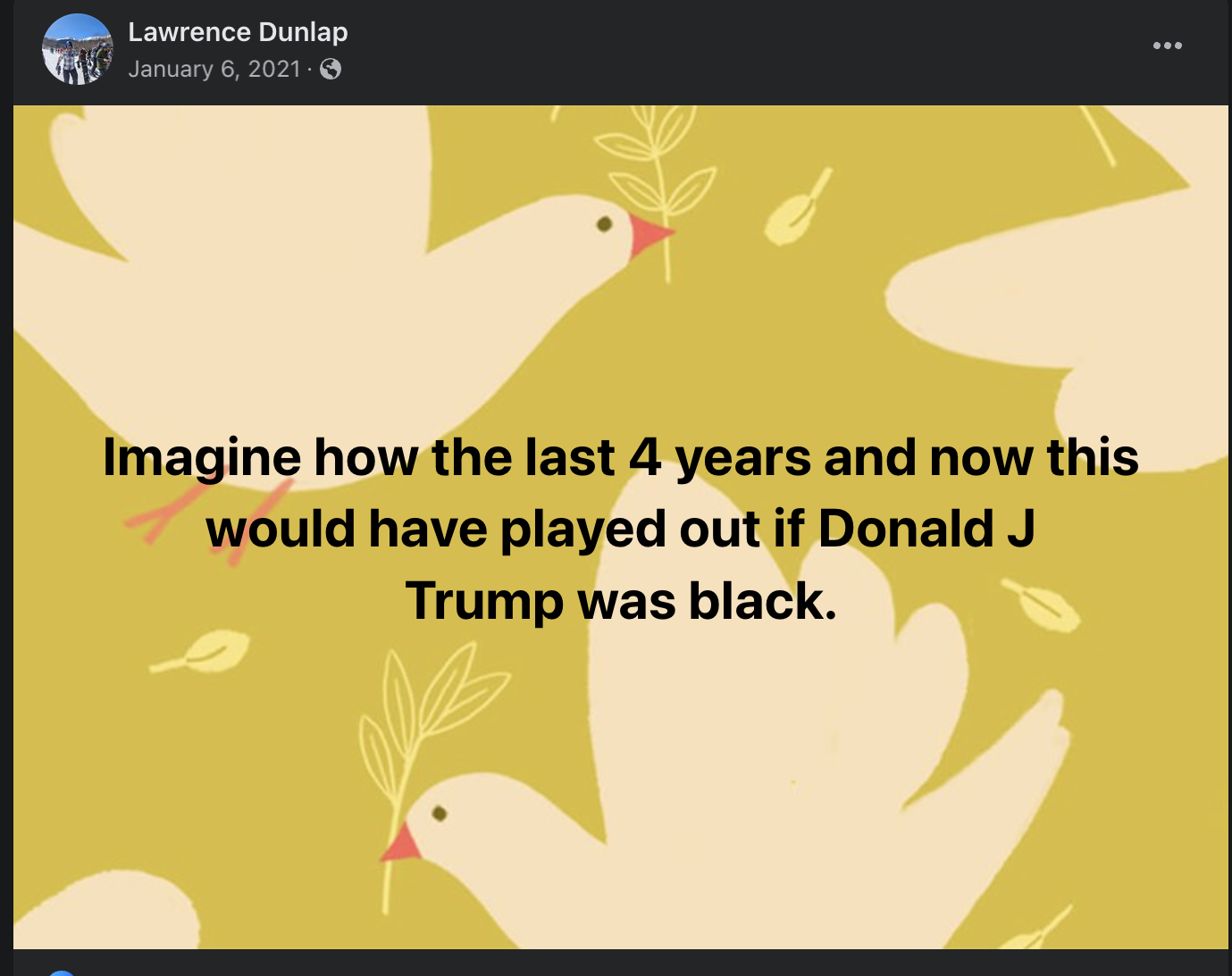
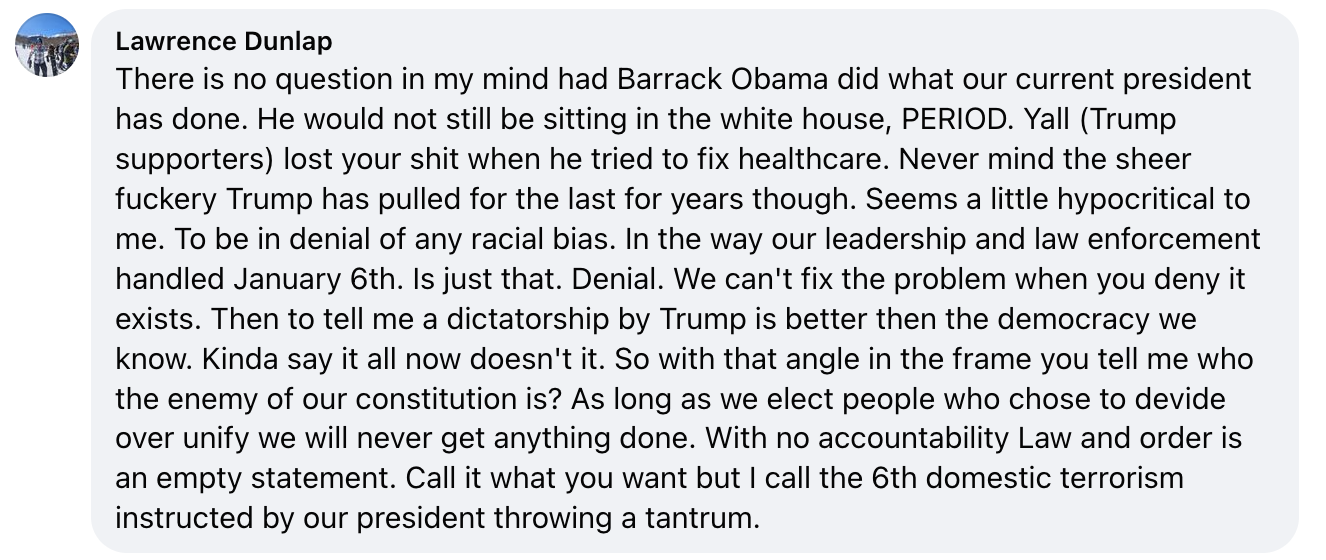
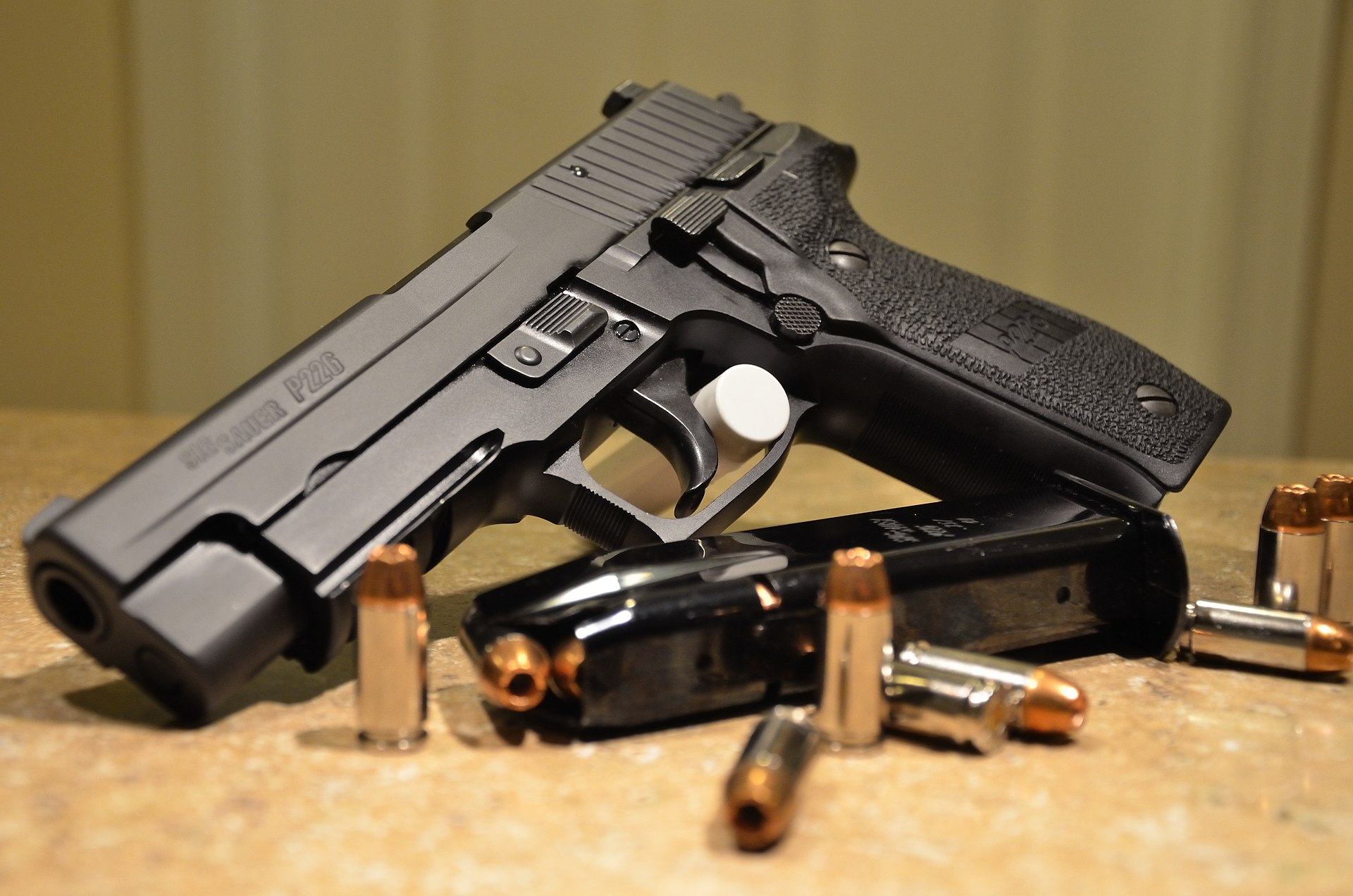
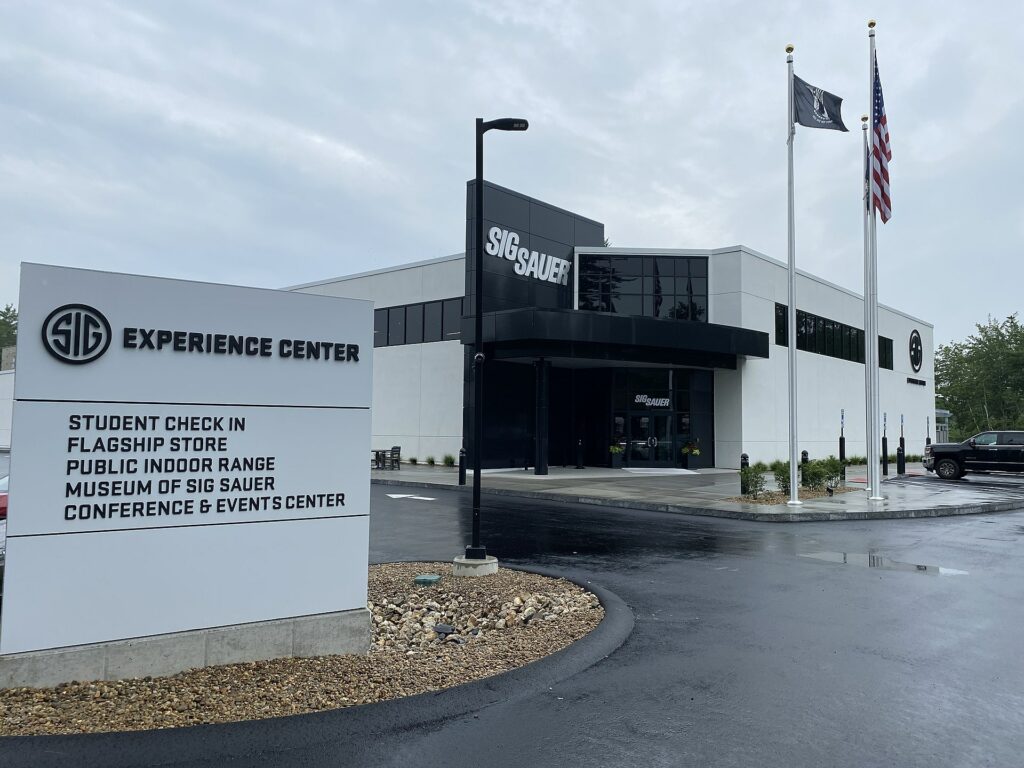

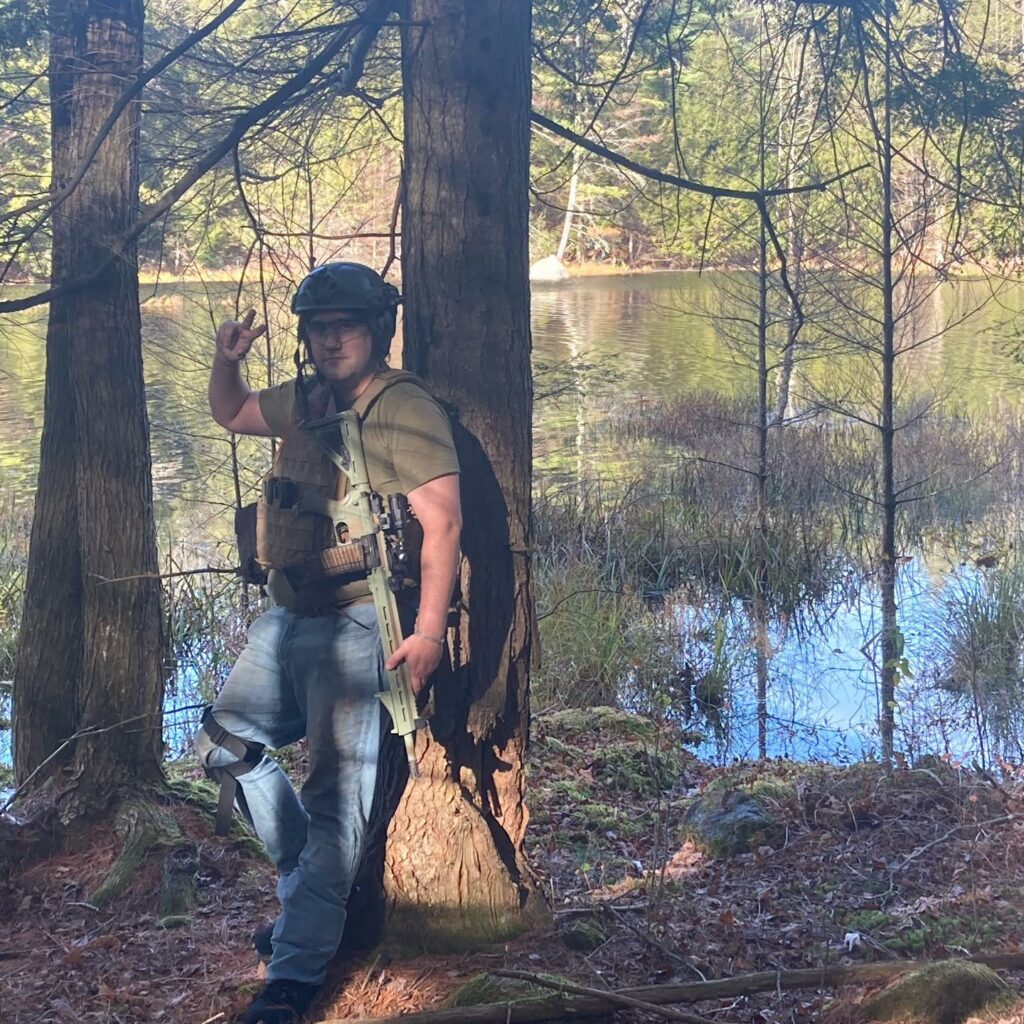 The training usually occurs at a friendly gun range or a site in the woods.
The training usually occurs at a friendly gun range or a site in the woods.
